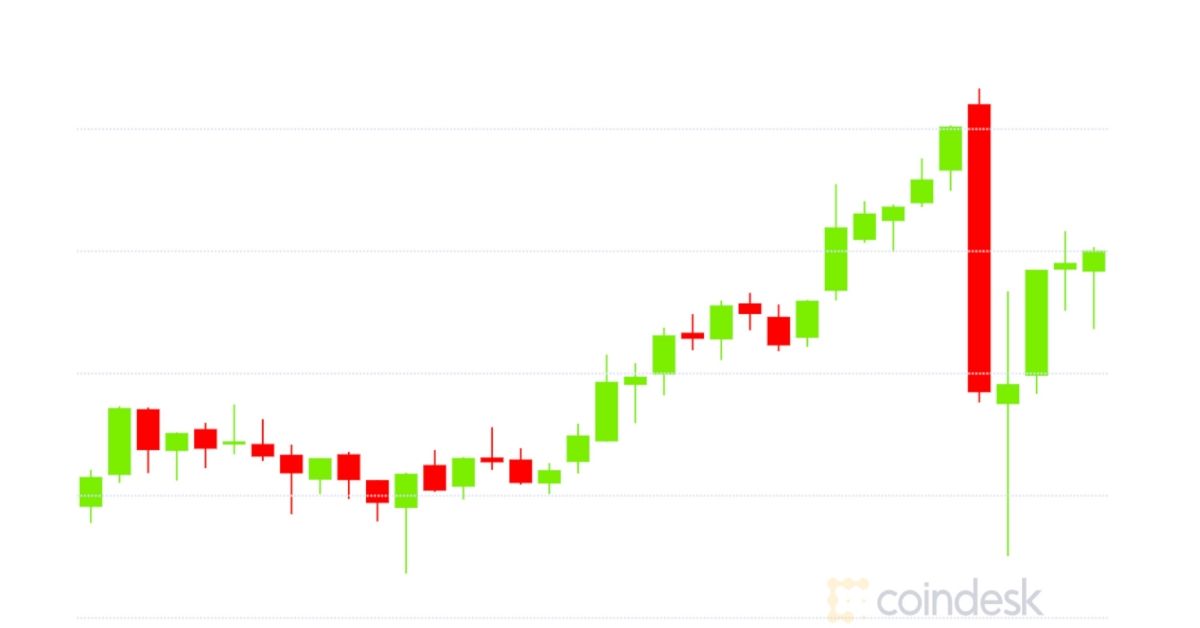This op-ed is part of CoinDesk’s Tax Week, presented by TaxBit. Matan Doyich is the co-founder and CEO of Crypto Index.
Far from being just another set of rules, the Internal Revenue Service’s (IRS) proposed “broker rule” aims to establish an overarching taxation framework for digital assets. It’s also become a rallying cry for crypto leaders to unite against what many perceive as a potential encroachment on privacy rights, innovation and a departure from crypto’s decentralized foundations.
Does this sound familiar?
With the Security and Exchange Commission mulling its own comprehensive crypto regulations — looking to fill a regulatory gap by bringing digital asset exchanges under their purview — the IRS proposal could serve as the perfect test for how the industry rallies together and uses its combined strength to offset crippling government overreach.
The Blockchain Association, a lobbying group based in Washington D.C., issued a scathing response to the IRS, stating that the proposed rules not only exceed the government’s authority but also reveal a fundamental lack of understanding of digital assets and decentralized technology. Such shortcomings may unleash a cascade of unintended consequences, negatively impacting the very core of the crypto ethos.
Others have sounded alarms about the regulations threatening a nascent industry before it can truly get off the ground, setting a dangerous precedent of surveillance.
At the heart of the industry pushback is a shared concern for privacy rights and the preservation of the founding principles that helped shape crypto into an attractive and diverse user base. Expanding the definition of “brokers” is seen as a potential privacy infringement as it broadens the scope to include participants such as decentralized finance (DeFi) developers, who may not have traditional access to customer information. This extension raises serious concerns about unnecessary reporting requirements that could compromise individual privacy, especially within the context of DeFi where privacy and anonymity are key tenets.
The clash between these regulations and DeFi’s pseudonymous, decentralized features also potentially leads to stifled innovation and collapsing underlying technologies due to impractical regulatory constraints. The signs here are ominous: “It will drive U.S.-based decentralized projects abroad or out of existence, full stop,” claims a senior counsel at the Blockchain Association.
A rallying call spurred by the proposed regulations extends beyond opposition — it is a call to action for crypto leaders to actively participate in the shaping of their regulatory frameworks. While the regulations may pose challenges, they have also ignited a spark within the industry to proactively engage with policymakers, advocating for sensible and fair regulatory measures that foster innovation rather than stifling it.
The proposed tax rule was open for 74 days of public comment and garnered over 124,000 public comments in that span. As it now moves to consideration and discussion, the time for action cannot be stressed enough.
Leaders buoyed by the crypto industry’s substantial political influence — reflected in a $21.6 million federal lobbying spending in 2022 — can strategically unite. By pooling resources, they can amplify their collective strength to engage in a targeted approach with regulators by conducting educational campaigns and encouraging open dialogues.
This united front aims to navigate regulatory challenges effectively, ensuring that regulations accommodate the distinctive features of the crypto space, promote innovation and safeguard privacy rights.
CoinDesk does not share the editorial content or opinions contained within the package before publication and the sponsor does not sign off on or inherently endorse any individual opinions.









